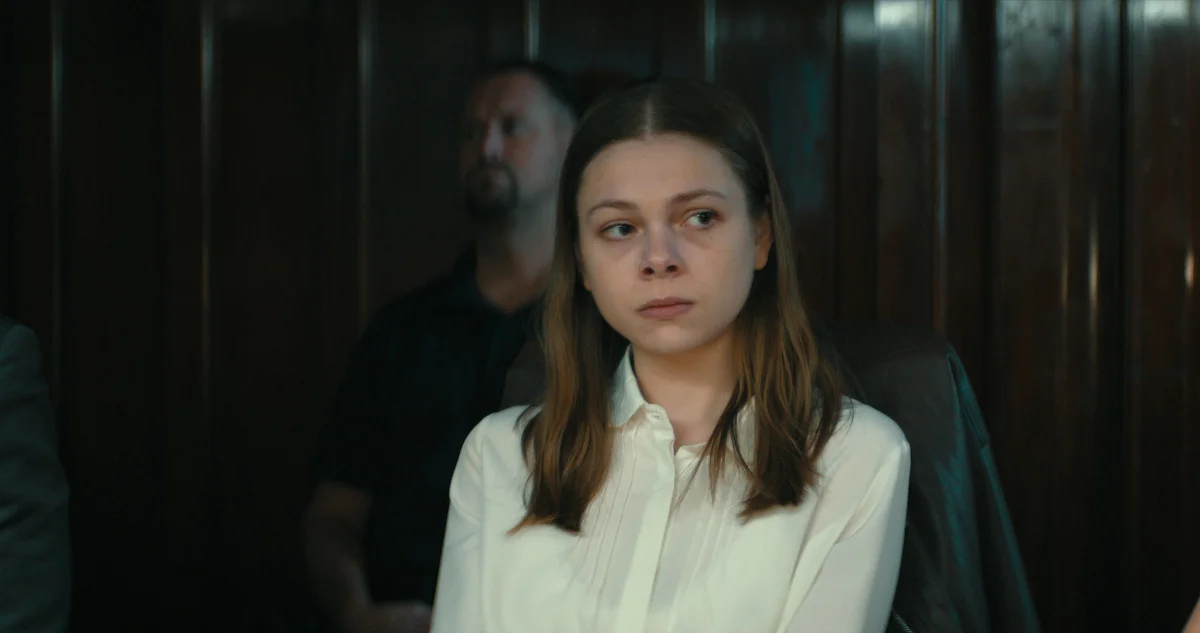“A Nearly Normal Family”: A Story of Justice and Morality
“A Nearly Normal Family,” a gripping murder mystery series, culminates in a finale that transcends the mere revelation of the perpetrator’s identity. The show, adapted from M.T. Edvardsson’s novel, delves deep into themes of justice and the moral quandaries surrounding it. The final episode of what appears to be its sole season interweaves the trial’s proceedings with poignant flashbacks, offering a nuanced exploration of justice, both in the legal sense and in the moral implications of the victim’s actions.
The Sandell Family: A Tangled Web of Secrets
The story centers around the murder of Christoffer Olsen, with Stella Sandell, the daughter of pastor Adam and attorney Ulrika, accused of the crime. Stella’s traumatic past, including being a victim of sexual assault and her parents’ controversial decision not to pursue legal action, adds layers of complexity to the narrative. This backstory is pivotal in understanding the show’s finale, as it profoundly impacts Stella and her family’s dynamics.

The Turning Point: Stella Sandell’s Trial
As the season progresses, Adam and Ulrika relentlessly defend Stella, all the while grappling with their personal shortcomings. The climax arrives in a courtroom drama, where Ulrika’s strategic legal maneuvering plays a crucial role. A crucial testimony from Stella’s friend Amina, revealing her assault by Christoffer on the night of his murder, becomes a game-changer. Ulrika’s advice to Amina to withhold this information until the trial cleverly shifts the suspicion, casting doubt on Stella’s guilt.

The Shocking Revelation: Stella’s Act of Defense
In an ironic twist, it’s revealed that Stella indeed killed Christoffer, but as an act of defense. The flashbacks unravel the events of that fateful night, showing Stella’s desperate attempt to rescue Amina, leading to a fatal confrontation with Christoffer. Stella’s actions, while violent, are portrayed as a form of retribution against her abuser.
The Conclusion: Redemption and Moving Forward
The show concludes with Stella being acquitted, offering a semblance of closure to her traumatic past. Meanwhile, Adam and Ulrika strive to mend their strained relationship and address their personal issues. Stella’s journey ends with her setting off to travel, hinting at her quest for healing and liberation from her past.
While the ending of “A Nearly Normal Family” doesn’t fit the conventional ‘happy ending’ narrative, it resonates with a sense of catharsis and moral reckoning, leaving viewers with much to ponder about justice, redemption, and the complexities of human experiences.









